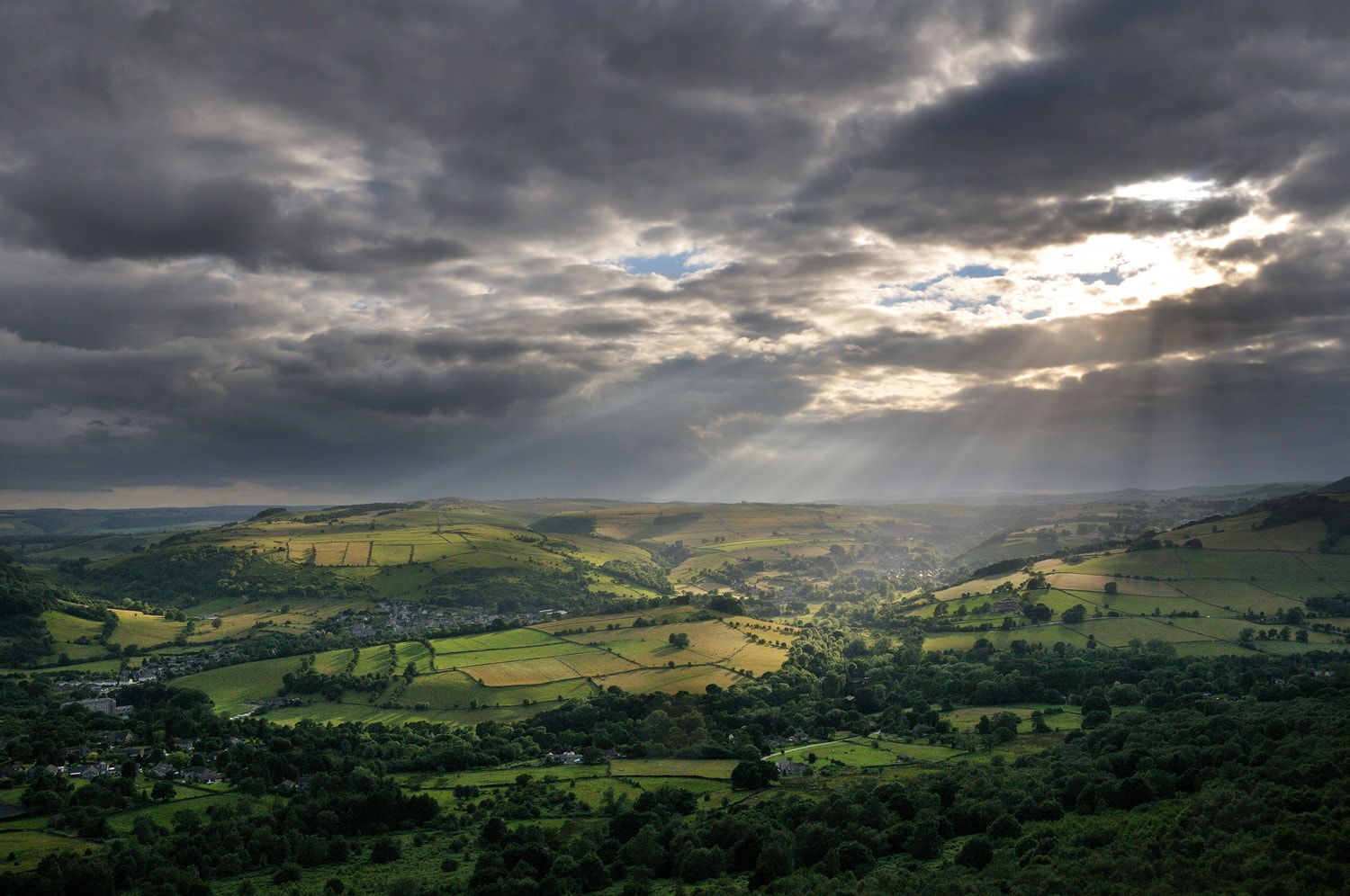Public Meetings

Peak District National Park Authority Public Meeting - Castleton
Date:
30 June 2004
Venue:
Losehill Hall
Attendance: approximately 50 people
Issues raised by members of the public:
Farming family have a disabled daughter: there is no independent living accommodation for her in the Park, has to live at home with the family.
The answer is to turn redundant farm buildings into affordable housing, but farmers rarely get planning permission to convert their buildings into homes for their children.
There are too many B&Bs and holiday cottages this affects the vibrancy of the community and has an effect on local school, shops, services etc. We need local people to keep our communities alive, not just B&Bs and tourists.
Tony Hams:
Affordable
housing
is the biggest issue facing the National Park, but the Authority is not an estate agency or house builder
and we can only consider applications before us. Even where granted we can't demand that the affordable
housing is then built.
We provide advice and guidance.
National
policy changes are required.
Agree
on the issue of disabled people PDNPA should use its influence more with social landlords.
Jim Dixon:
Stressed the importance of local need when making a planning application for affordable housing. The support of the Rural Deprivation Forum, parish council, rural housing enablers etc would add weight to an application.
There is some affordable housing in Hope, shoved in near the pub. Small homes with little or no garden.
Tony Hams:
If the homes are bigger, or if there is potential for them to be extended, they are no longer affordable.
Local needs clauses never seem to stay in place. Why?
Jim Dixon:
Clauses can be removed if the home is no longer deemed affordable, which is why we prefer the smaller developments. We use the phrase 'more affordable' because it makes our case stronger in appeals.
What's most important to PDNPA conservation or recreation?
Tony Hams:
We have a commitment to both but when the two are in conflict conservation should prevail.
Sustainability of communities is essential. How will PDNPA achieve this and involve the views of local people?
Jim Dixon:
We are seeking to improve the way we engage with audiences
and
acknowledge that we need to improve on this.
Talked through NPMP timetable.
We
recognise the importance of local communities in everything we do. For example:
- Farmers / landowners looking after the landscape
- Businesses / job creation through NEE & EQM
- We work closely with partner organisations and voluntary groups.
Tony Hams:
We are especially keen to engage more effectively with young people.
Motorcycles and 4x4s on rights of way are a danger and cause damage.
John Thompson, Director of Recreation and Education:
We work with partners on this. There is some confusion over powers to prevent. The Government is aware of this and will be bringing out new guidelines. Where there is a problem, report it to the rangers, who liaise with the police and local authorities. Where you feel the law is being broken or you are threatened, call 999.
Lynne Crow, Member:
It is important to involve the vehicle users in the debate and to help come up with a solution. Users are involved with the Local Access Forum and Stanage Forum.
Jacque Bevan, Member:
Derbyshire County Council has set up a Scrutiny Committee to look at the issue.
Farmer near Winnats Pass keeps getting people knocking on door to use phone in emergencies because there is no mobile reception. Why does PDNPA keep refusing phone mast applications?
Tony Hams:
National policy tends to presume in favour of masts and we are worried about this. We maintain strict controls. Lots of local people object to plans for masts.
Peter Harrison, Parish Council Member:
We encourage the companies to enter into roaming agreements.
Is the Peak District prepared? What about need for signs? Fire risks?
Jim Dixon:
Talked through additional Government funding for new rangers, gates etc and that we are working closely with access representatives and the fire service.
Castleton visitor centre - the outside covers leak when it rains and we have used plastic windows so not following our own planning policies.
Jim Dixon:
There are some teething problems, which is to be expected with such an innovative building. We don't have a blanket ban on particular building materials, but the design has to be good.
The centre was developed with a lot of consultation with local people and we have paid great attention to access issues and facilities for the community. We should celebrate it, not knock it.
PDNPA should do more to stop quarrying and put pressure on the Government to revoke the old permissions.
Tony Hams:
We have to work within the 1995 Act. We can put conditions in place but can't stop developments that have permission.
Jim Dixon:
People living in places like Bradwell will have a different view to them the quarries are an important source of employment. We need to balance all of these views which is not easy.
Jim Dixon:
We are keen to look at the issues affecting the Hope Valley (talked through the regeneration around Bakewell and the role of PDNPA). For example we would like to take a holistic approach like village planning and apply it to the Hope Valley area, looking at issues such as employment, development, holiday homes and planning. We can't do everything but this process would inform the things we can do.
Concern was expressed about Lafarge burning bonemeal chippings.
Passed contact details to David Bent, Senior Minerals Planner.
Please note that the comments raised by members of the public attending the meetings are not necessarily the views of the Peak District National Park Authority. All comments will be fed into the consultation process.

